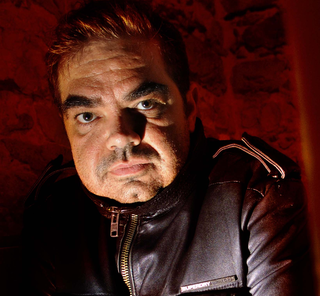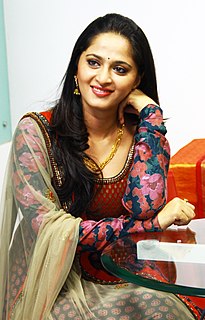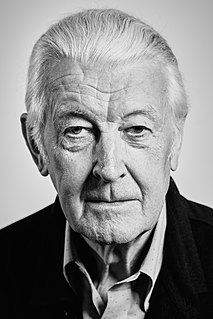A Quote by Markus Zusak
For 'The Book Thief,' I wanted only one outcome, and that was for the director to follow his own vision, just as I had.
Related Quotes
Big Fish was the first movie that we worked on together, and I had already written it. We had another director, but that director didn't do it. So, it was just a Hail Mary to Tim, and Tim said that he wanted to do it and I was like, "That's fantastic!" But, there wasn't a lot of collaboration because he knew what he wanted to do and just did it. There were very minor changes for Big Fish.
Before 2010, I had a vision. I saw a family in my mind that I wanted to have. And I was pushing and driving hard for my picture, and then I realized everyone has their own journey. I have to support what they want to do. I have to support the vision that they have for themselves, not my vision. That was excruciating for me.
Trust the Universe. Trust and believe and have faith. I truly had no idea how I was going to bring the knowledge of The Secret onto the movie screen. I just held to the outcome of the vision, I saw the outcome clearly in my mind, I felt it with all my might, and everything that we needed to create The Secret came to us.
I started as an artist and I had a side job moving some heavy boxes for a publishing company. They had just gotten a Mac for their art department, the department that creates the book covers. I was kind of showing the art director a thing or two about how to use a Mac. And one day everyone went out to lunch and I jumped on the computer and designed a book jacket and slipped it in the pile to go to the review board in New York. They picked my jacket and when the art director got back to Boston, he wanted to know who designed it and I said, "Me." He was like, "The box guy?"
You have to accept that the moment you hand a script to a director, even if you've written it as an original script, it becomes his or her movie. That's the way it has to be because the pressures on a director are so staggering and overwhelming that if he or she doesn't have that sort of level of decision making ability, that sort of free reign, the movie simply won't get done. It won't have a vision behind it. It may not be your vision as a screenwriter, but at least it will have a vision.
Your actors need to trust you as a director, but normally, I think you just need to have an open communication between the actors and the director. I think the director needs to really paint his or her vision to the cast and let them know the kind of mood that he or she is making. I think that's very important.



































